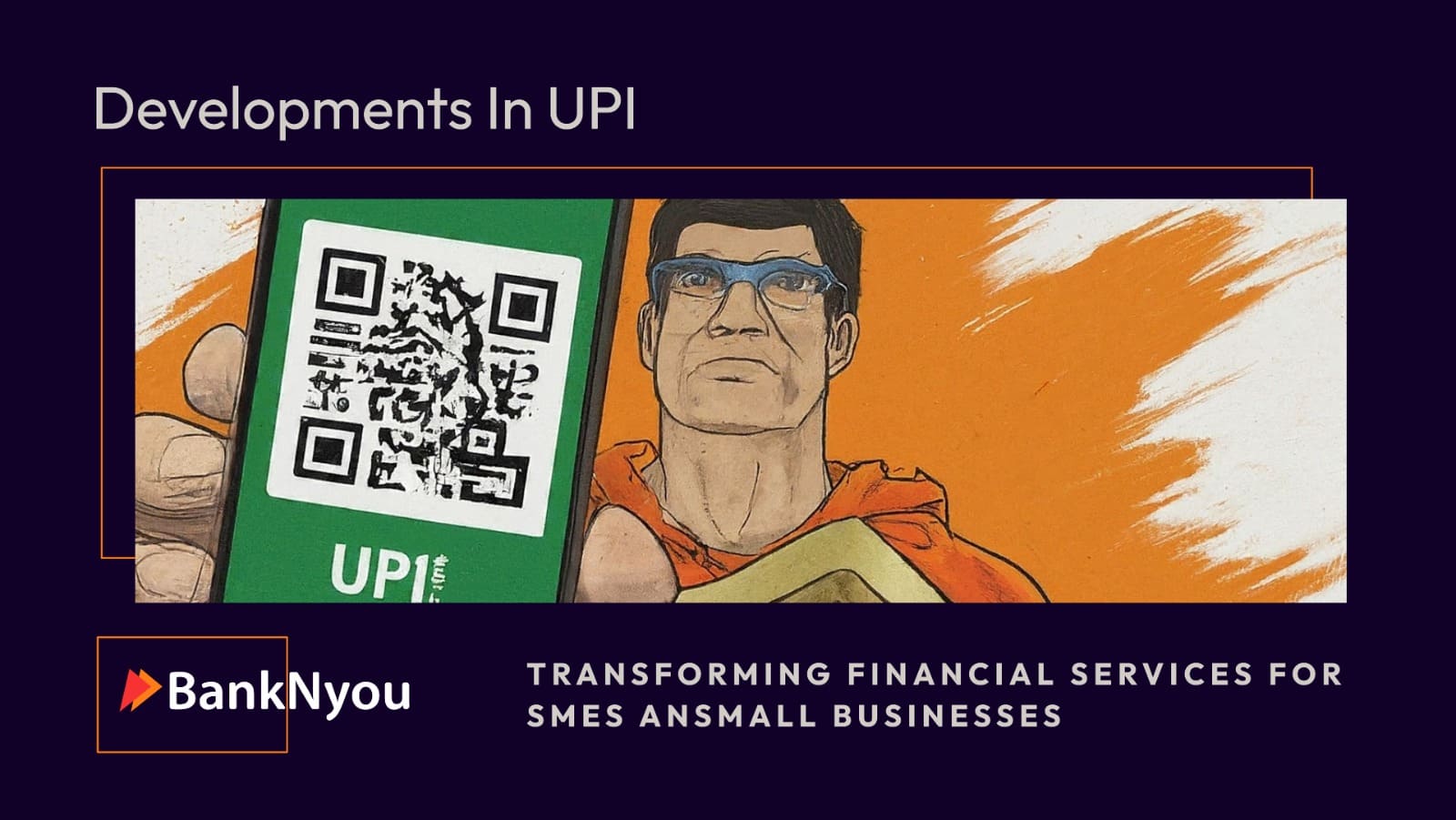How to Secure Your Online Payments: Tips for Protecting Customer Data and Preventing Fraud
In today’s digital world, securing online payments is more critical than ever. With cyber threats on the rise, businesses must take proactive measures to protect their customers’ data and prevent fraud. Implementing robust security practices not only safeguards your reputation but also builds trust with your customers. Here are essential tips to help businesses secure their online payment processes.
1. Implement Strong Encryption
Encryption is the foundation of online payment security. By encrypting sensitive data, businesses ensure that information such as credit card numbers and personal details are protected from unauthorized access during transmission. Use advanced encryption standards (AES) and secure socket layer (SSL) certificates to secure data exchanges between your website and your customers.
2. Adopt Multi-Factor Authentication (MFA)
Multi-factor authentication adds an extra layer of security by requiring users to verify their identity through multiple means, such as passwords, fingerprints, or one-time codes. Implementing MFA can significantly reduce the risk of unauthorized access, even if a user’s password is compromised.
3. PCI DSS Compliance
The Payment Card Industry Data Security Standard (PCI DSS) provides guidelines for securing card transactions and protecting cardholder data. Ensure your business complies with these standards to mitigate risks and demonstrate your commitment to payment security. Compliance involves regular security assessments, maintaining a secure network, and implementing strong access control measures.
4. Regular Security Audits and Updates
Conducting regular security audits helps identify vulnerabilities in your payment system. Stay ahead of potential threats by frequently updating your software, security protocols, and firewalls. Partner with cybersecurity experts to perform comprehensive assessments and ensure your systems are fortified against emerging threats.
5. Tokenization
Tokenization replaces sensitive payment data with unique identifiers called tokens. These tokens have no exploitable value outside the specific transaction, making it harder for cybercriminals to misuse the data. Implementing tokenization adds an extra layer of security and reduces the risk of data breaches.
6. Fraud Detection and Prevention Tools
Invest in advanced fraud detection and prevention tools that use machine learning and AI to identify suspicious activities in real-time. These tools analyze transaction patterns and flag potential fraudulent activities, allowing businesses to take immediate action.
7. Educate Your Customers
Educate your customers about the importance of online payment security. Provide tips on creating strong passwords, recognizing phishing attempts, and safeguarding their personal information. An informed customer base is less likely to fall victim to fraud, reducing the risk for your business.
Conclusion
Securing online payments is essential for protecting your customers and your business. By implementing strong encryption, adopting multi-factor authentication, ensuring PCI DSS compliance, conducting regular security audits, utilizing tokenization, investing in fraud detection tools, and educating your customers, you can create a secure payment environment.
BankNyou is dedicated to helping businesses secure their online payment systems. Explore our comprehensive security solutions and learn how we can help protect your customers’ data. For more information or assistance, visit our contact page today.


